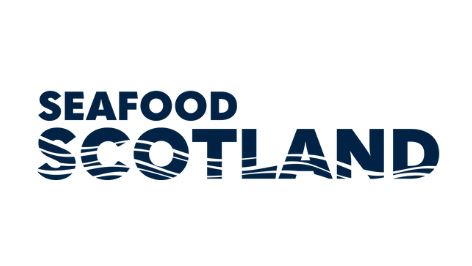Seafood Scotland
Seafood Scotland is the national trade and marketing body for the Scottish seafood industry. Independent and non-commercial, it is funded by the Scottish Government’s Marine Directorate and offers support to the whole industry without cost. Its remit includes wild caught fish and shellfish and farm-raised species such as salmon and trout. Seafood Scotland has been the lead partner in the Scottish Ocean Cluster development. Alongside other key organisations we have launched the Scottish Ocean Cluster this year with the support of the Iceland Ocean Cluster. We are establishing a Scottish Ocean Cluster to foster collaboration between stakeholders committed to maximising the value created by Scotland’s seafood industry. This initiative will bring together producers, processors, entrepreneurs, investors, biotech companies, educators, researchers, retailers, government and more—all working collectively to unlock the full potential of fish and seafood by-products We seek to build on the success of the Iceland Ocean Cluster model, adapting it to the Scottish context to increase the valorisation of high-value seafood side streams, share best practice, and harness emerging opportunities, including: 1. Collaboration and innovation – bringing together industry leaders, entrepreneurs, investors, researchers and more to develop high-value side stream value chains. 2. Market development and awareness – identifying opportunities and raising awareness of the potential for creating sustainable, value-added products. 3. Economic growth and job creation – increasing the economic value of the seafood sector while generating skilled, high-paying jobs across Scotland, particularly in coastal communities. 4. Industry sustainability and resilience – strengthening Scotland’s seafood sector by driving long-term innovation, investment, and future opportunities. Key Outputs The Scottish Ocean Cluster aims to deliver the following key outputs: 1. Increased profits and productivity – maximising the value of seafood side streams, creating new high-value markets and building processor resilience. 2. Improved environmental sustainability – promoting 100% utilisation of fish, including high-value by-products currently discarded at sea, such as langoustine heads and white fish viscera. 3. Entrepreneurship and job creation - driving innovation, increasing start-up activity, and expanding bio-manufacturing in Scotland, generating skilled, high-paying jobs, particularly in coastal communities. 4. Improved food security - converting more high-value by-products into food products like fishcakes and fish fingers, reducing reliance on imports. 5. Attraction of funding and investment – strengthening the blue economy by securing investment and fostering economic development across the Scotland

Type of organization
Cluster organization / Business network
City
Edinburgh
Country
United Kingdom
Region
Europe





